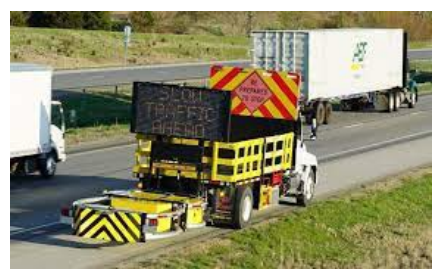Source: Joe Novak, INDOT Construction Management
“INDOT is taking another step toward replacing its legacy construction management software, AASHTOWare Project (AWP) “SiteManager”, with its newer web-based version “Construction & Materials.” Six contracts will be selected from the May 2024 letting to use the new software with a currently estimated use for all contracts let on/after May 2025. Standard software vendor support for SiteManager ended in June 2023, all support will end in June 2027 although contracts can exist in the system longer.”
Novak added that INDOT does not expect any significant impacts on contractors during the AWP pilot projects. All Contractor interaction with ITAP applications is planned to remain intact. However, some report generation may not be fully available initially such as IC642’s and Progressive Records. INDOT is currently working to make the reports available.
Contact ICI Director of Government Affairs Dan Osborn with questions about the changes.


